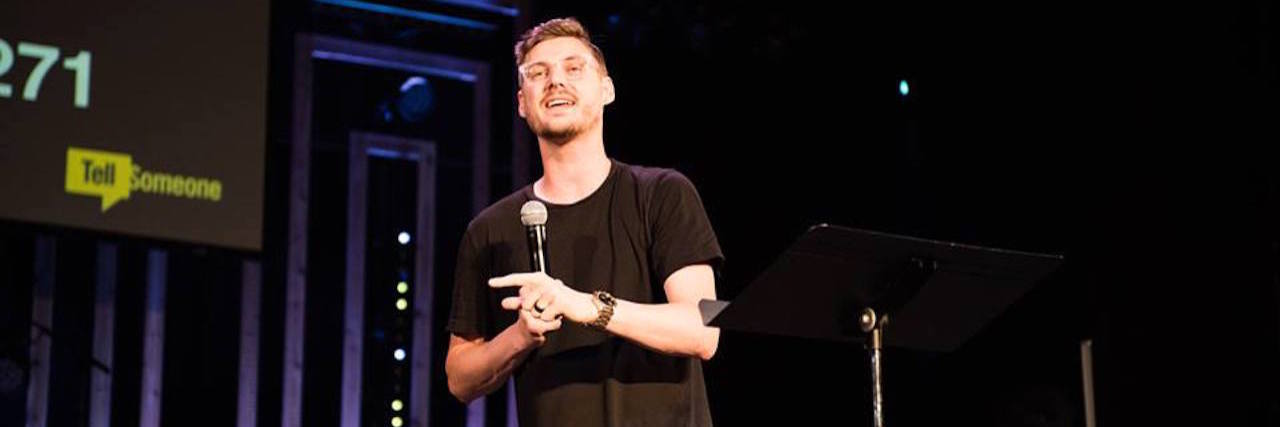The One Thing I Can Offer Anyone Struggling After Jarrid Wilson's Suicide
After I hung up the phone call from a friend who had called to tell me that Jarrid Wilson had died by suicide, I made dinner for my son.
This may sound strange and unremarkable, but it was all I could do: to somehow try and get through the things I needed to do that night while wading through a million thoughts and emotions at once. Sometimes that’s all we have, isn’t it? The next step that’s right in front of us. I don’t have anything bigger, no answers that address the big existential questions that come hand-in-hand with something like this. I don’t have tired cliches or a road map for grief.
What I do have is this: I have heartbreak. For Jarrid and the pain he was in. For his wife Juli and their two children. For the countless friends and family who will carry this forward. I have anger: that we lose 800,000 people a year to suicide, that despite the efforts of a lot of amazing people I know we’re still reading articles about rising suicide rates, still reading obituaries of ones we love. I have confusion, I have shock, I have most emotions I can think of. But I don’t have answers.
Jarrid was a husband, a father, a pastor and a mental health advocate. Some of these are bound to make his death hit harder for some. It’s possible to love Jesus and want to die. It’s possible to believe that there’s always hope available for others while struggling to see it for yourself. It’s possible to love your people deeply and still have suicidal thoughts. I know all of these are possible because they’ve all been true of me.
If you’re sitting with your hands and your heart full of questions today, I want you to know you’re not alone. I want you to know that you don’t need to have tidy answers, especially if they feel cheap or unhelpful. You don’t need to brush your pain under the rug of an outlook or a theology that suggests only positive emotions are acceptable.
If it’s all you can do, all I can offer is to simply take the next step. Maybe that’s calling someone you trust and sitting in silence together. Maybe it’s taking the time you need to be sad or angry or confused or all of them at once. Maybe it’s calling to schedule a therapy appointment. Maybe it’s none of those. But maybe, if we don’t have answers or solutions or anything else, maybe taking the next step is our defiant act of hope.
Lead photo via Jarrid Wilson’s Facebook page

